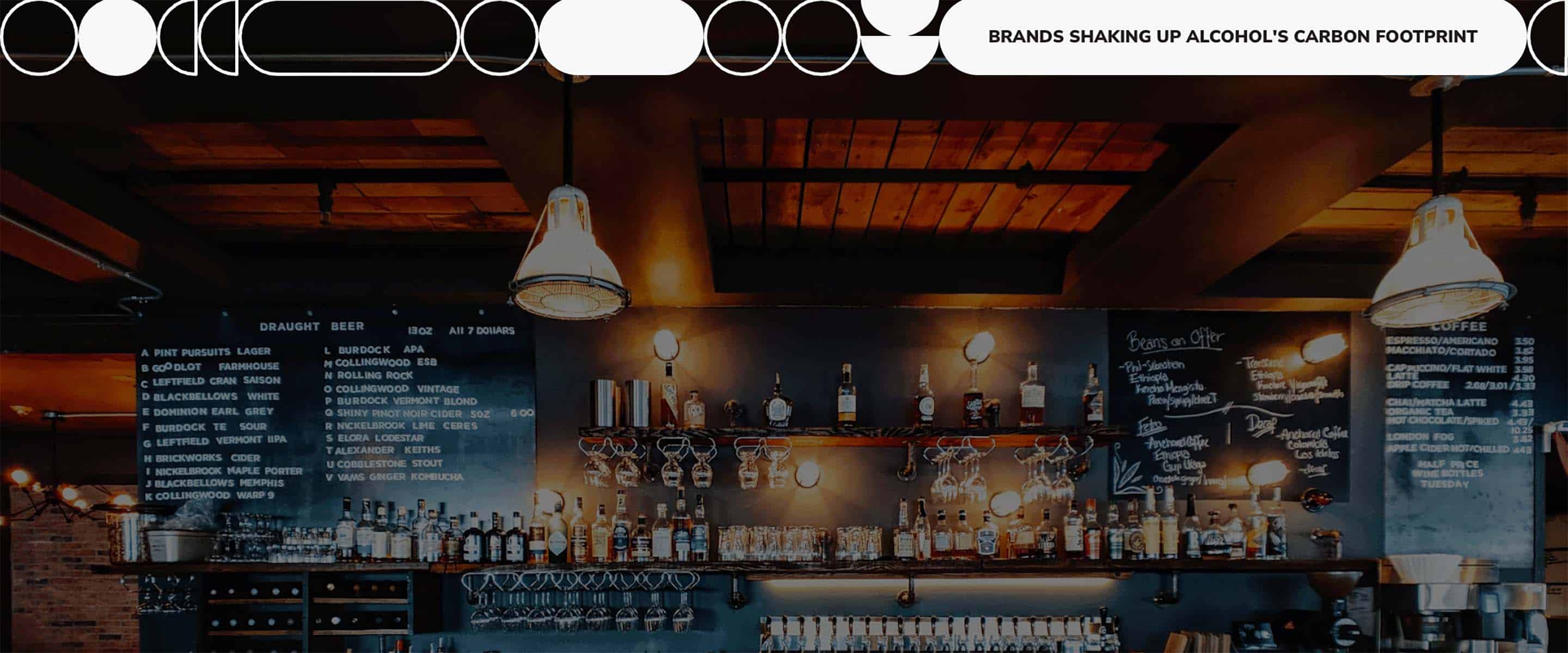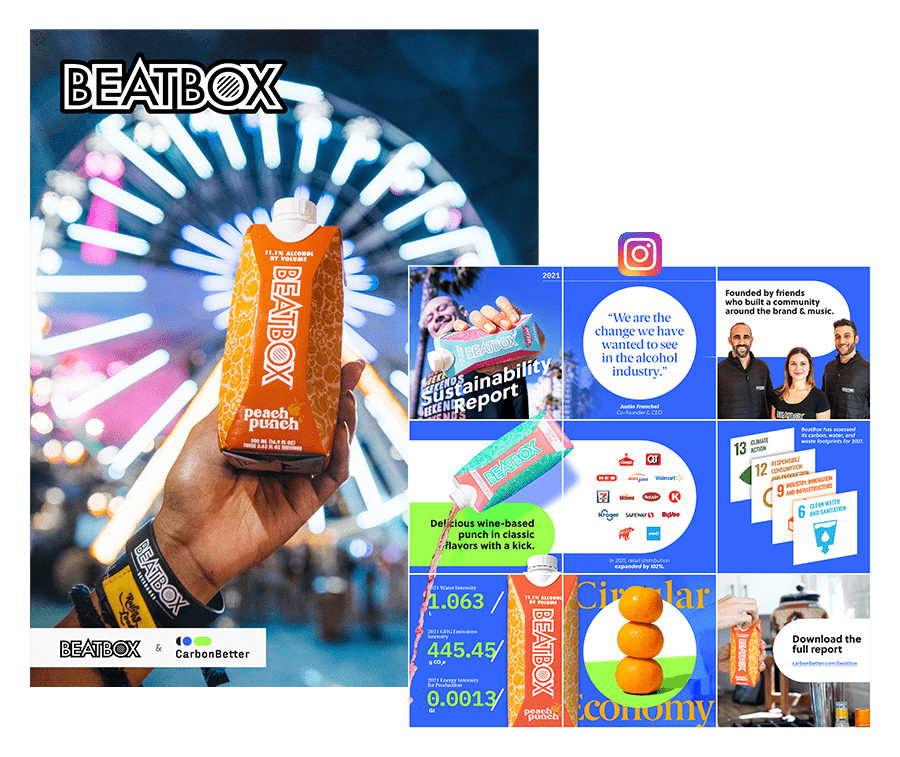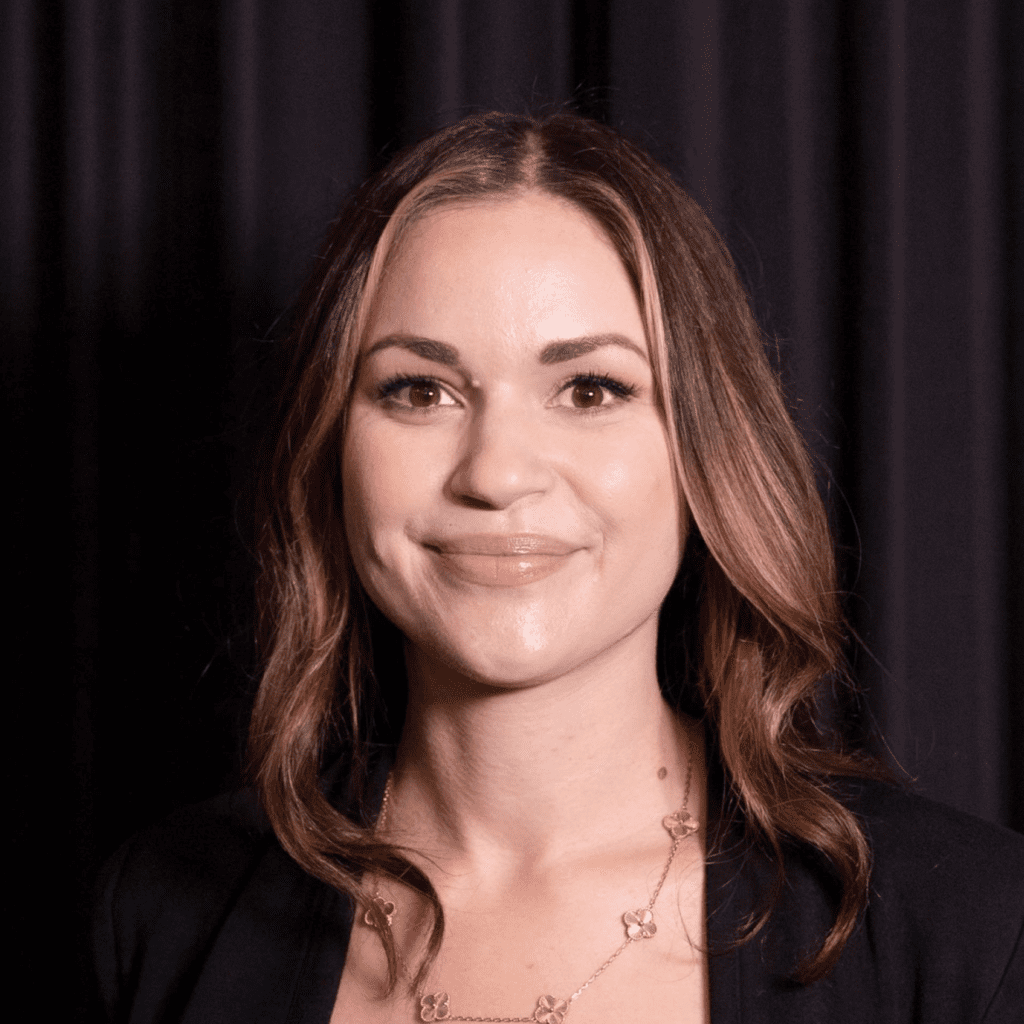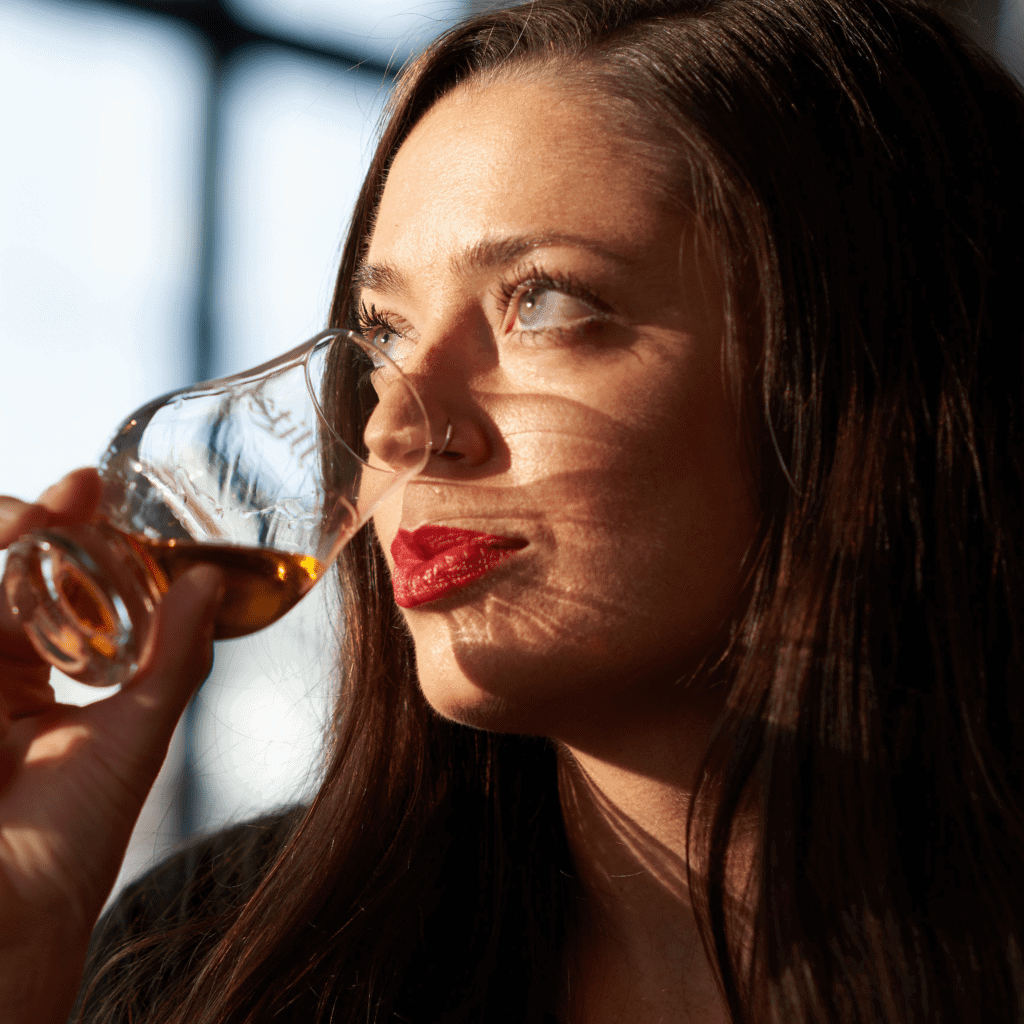Webinar Recap: Brands Shaking Up Alcohol’s Carbon Footprint

Three growing alcohol brands share their experiences integrating sustainability into their companies.
Last week the CarbonBetter team had the privilege of spending an hour with three powerhouse leaders in the alcoholic beverage space as we explored ways that each of them has tackled integrating sustainability into their businesses in the areas of sustainability reporting, sustainability in the supply chain, sustainability in operations, and other business areas. Nicole Sullivan, our Director of Climate Services, moderated the panel, guiding the discussion through practical and relatable considerations for businesses at any stage of growth. In addition to the full replay, below are some highlights from the conversation with Aimy Steadman from BeatBox Beverages, Tri Vo from Fierce Whiskers, and Liz Rhoades from WhistlePig Whiskey.
Insights on Creating Your First Sustainability Report
Nicole: Aimy, BeatBox completed its first sustainability report this year with 2021 environmental impacts, which was so exciting and encouraging to see, how has the response been to your first report, and has it inspired any new goals for your team?
Aimy: For BeatBox, it was very important to track our impacts. We’ve changed how we do our manufacturing, and our company has grown a lot, so it was really important for us to do this assessment to make sure we knew how much waste we are producing, how much emissions we are producing, and everything else, and then set benchmarks. Now that we’ve done that we have really been excited to get projects going to reduce our impacts with our manufacturing partners and look at offsetting as well.
The reaction to reporting has been really great. I sent out our sustainability report to all of our investors and they actually started challenging some of their other portfolio companies to do the same thing as well. I really appreciate that network effect of us doing something—that it’s also affecting other companies.
Now, we’re looking at different things like going carbon neutral, doing regional manufacturing, and then working with other companies to show them how we did our environmental report and things like that. I actually had a call this week with somebody interested in starting a wine company and the whole conversation was just, “how did you figure out how to track all this stuff and do all these things?” I’m happy to be part of this movement of companies that are taking this very seriously.
Exploring the Best Time to Start Sustainability Reporting
Nicole: Tri, Fierce Whiskers actually completed a sustainability report early in its operations. What drove you to do that reporting before your first year of operations and how are you expanding on this in your next report?
Tri: We really spent a lot of time before we started anything thinking about who we are and who we want to be. As funny as that sounds, you are faced with so many decisions when you start something like this, that you really should just spend some time thinking about that.
Sustainability is important to us because it’s getting super hot out there. It’s as simple as that. So we wanted sustainability to be part of who we are.
From the very beginning, we wanted to consider how things could be done. Our sustainability report has helped really explain this to stakeholders. One example would be our employees. We have very organic conversations, they’ll come up to me and be like, “Hey, I know sustainability is super important. So what about this?” We really are able to inspire our own employees to take ownership of these goals. One thing that we really want to work on for our next sustainability report is including Scope 3 emissions. This is a big deal, and we really want to get a good measure of what’s going on with our carbon impact.
Preparing for a First Impact Assessment
Nicole: I know WhistlePig has actively been working on its sustainability roadmap. How are y’all preparing for completing your first impact assessment?
Liz: Sustainability has always been a part of our ethos—a core pillar. We’re a farm distillery, so we’re in a unique position from a supply chain standpoint. We sit on about a 500-acre farm, 300 of which are dedicated to our crops, which predominantly is rye, as a rye whiskey company.
I’m a very technical person, and I’m a scientist by training, so I have to start with data. You gather the data, you gather the facts. I think we’ve done some good work on that already. It’s about taking the time to benchmark where you’re at now, gathering the concrete facts, and then also understanding, okay, here’s where we are now, and here’s where we need to go.
The CarbonBetter team is helping us with this, which we’re super excited about. We’re working with some sustainable agronomists as well to start gathering more data than we already have currently. And so really it’s about starting that second journey with gathering the facts and gathering the data. If you don’t have that, it’s really hard to kind of create a roadmap going forward

“We’re all a part of this planet. And through our work is how we affect each other the most. I always say responsible business is love in action. This is the most important time and we are the generation that has to fix this. It is our life’s work.”
AIMY Steadman, BEATBOX COO & Co-Founder

SUSTAINABILITY SPOTLIGHT: BEATBOX BEVERAGES
The fastest-selling ready-to-drink cocktail and wine brand in the US is also on track to become the most sustainable.
CarbonBetter helped BeatBox measure and report on its Scope 1, 2, and 3 impacts, and implement an Environmental Management System (EMS) that tracks environmental performance and aligns its 75+ employees.
On Collaborating with Suppliers
Nicole: Aimy, I know the supply chain of Beatbox is such that y'all use co-packers or co-manufacturers, as you mentioned to manufacture your product, have you seen opportunities to collaborate with your suppliers on shared sustainability goals?
Aimy: Absolutely. Our main co-packer has a lot of projects that we are collaborating on, from water treatment to trying to switch over some of their energy supply to natural gas, and some other things. And then we are also working with Tetra pack directly because while cartons are very lightweight and carbon-efficient for shipping, there are some problems with recycling in the US—they are not easily recycled everywhere.
To help address this, we started a collaboration of carton brands through the Naturally Network called the Carton Champions. We are working directly with the Carton Council to try and solve those recycling problems in the US.
We've also worked with Repurpose Global to do a plastic neutral offset for some of the plastic liners. Being a beverage, we have to make our packaging waterproof. There's not always a perfect beverage container that's carbon efficient and has no waste, but we're all working on that together hopefully as an industry.
These projects have been motivated by knowing our impacts and just trying to optimize all of these different categories at the same time, and sometimes you have to make choices and prioritize. I'm from the Middle East and I live in Texas, so the climate crisis has always been very top of mind as I've never lived in a colder place than Austin, Texas.
Navigating the Challenges of Drought
Nicole: Fierce Whiskers has made really great efforts around sourcing grains as local to the distillery as possible, with 99% of your grains by weight being from Texas. But, how do you assess the trade-off of water and carbon as you select your ingredients?
Tri: That's a really tough question. We're always going to be considering water as well as carbon. We make alcohol and it takes quite a bit of water to do that. And on top of that, grains use a lot of water to grow. We're in this situation where we want to source locally, so that's where the 99% of our grains come from and that's really great for our carbon footprint. Unfortunately, Texas is in extreme drought conditions.
Climate change is quickly changing the landscape across the United States as well. So now we're faced with a situation where most of the US is under drought conditions. With the climate emergency, we don't have a lot of great options there today, to be honest, but we continue to pursue the best options that balance the necessary trade-offs.
Incorporating Regenerative Agriculture
Nicole: Liz, you're in a unique position with WhistlePig because you're the only brand on this panel with your own farm, which you touched on briefly. How are you working to incorporate regenerative agriculture practices into your farm operations at the distillery?
Liz: We're a farm distillery, so we are in a unique position to take it all the way back to the field. And I think we did a lot of good work with understanding different varietals and how those would behave. We work with a particular varietal of rye called Danko and it grows pretty efficiently on the field in our climate. We also look at the yield potential—so it's not just what's happening on the field, which is super important, but also how that is going to impact our operational efficiency.
And then also it's not only what you put in, but it's what goes out. We've done some waste mapping and we send all of our distillery waste to a local company in Vermont to generate heat through anaerobic digesters, and that heat is then used in local homes. So those are just a couple of ways that we've really taken a clear lens and again gathered the data.
Watch the Webinar for the Full Conversation
The panelists explore even more topics in the 1-hour recorded webinar, so check out the full replay here. A huge thank you to our speakers for joining us to share more about their sustainability strategies! We're grateful for their their leadership in the fight to save our planet and we will continue to amplify their voices so other companies are inspired and empowered to follow in their footsteps.
Meet the Speakers

Aimy Steadman / Co-Founder & COO
Aimy is a co-founder & COO of BeatBox Beverages, one of the fastest-growing alcohol brands in the US.

Liz Rhoades / Head of Whiskey Dev
Liz is head of whiskey development and self-proclaimed right-brained scientist at WhistlePig Whiskey.

Tri Vo / Co-Founder
Tri is a co-founder of Fierce Whiskers, a grain-to-glass and sustainability-first whiskey distillery in Austin, Texas.
Meet the Moderator

Nicole Sullivan / Former Director, Climate Services
Nicole is the former Director of Climate Services at CarbonBetter where she helps businesses pursue sustainability and decarbonization goals.
At CarbonBetter, we believe in progress over perfection. It's not about doing everything—it's about doing something. With over a decade of experience in the energy industry, we partner with organizations to guide them in the transition to a net-zero economy. CarbonBetter's sustainability specialists work closely with partners across all industries to integrate sustainability solutions seamlessly into any business.
CarbonBetter helps organizations of all sizes measure, reduce, report, and offset their emissions, and tell stories about their sustainability journey.
Telling stories about sustainability efforts helps other organizations take action that will then, in turn, inspire others—it's never too early or late to start.